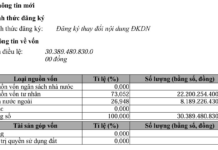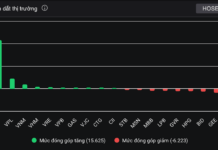Electric cars are becoming cheaper than gasoline cars
Large batteries, new technology, and research and development (R&D) costs have contributed to the increasing price of electric cars. However, innovations in production techniques and design improvements will help to bring down the price of electric cars much faster than expected. As a result, it will only take three years for electric cars to reach a price parity with gasoline cars.
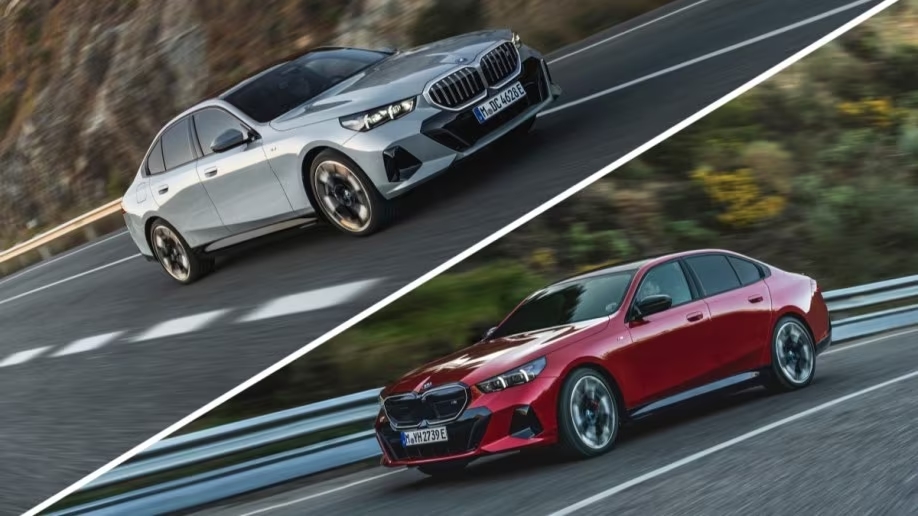
2/5 of the 2024 BMW 5-Series models will be fully electric. The price of electric cars is expected to become cheaper or at least comparable to gasoline cars as the production costs decrease. Photo: BMW
Pedro Pacheco from market analysis company Gartner said that new vehicle architecture and manufacturing technology help to reduce production costs and assembly time. This puts pressure on traditional automakers, forcing them to abandon their old systems and adopt new manufacturing methods to stay competitive.
The downside of “affordable” electric cars
However, this also brings about a problem. The cost of maintaining electric cars may increase, mainly due to repair bills and insurance costs. Tesla’s gigacasting manufacturing technology enables the company to engage in price competition with other automakers. However, the downside is significant. The repair costs for Tesla cars are also very expensive.
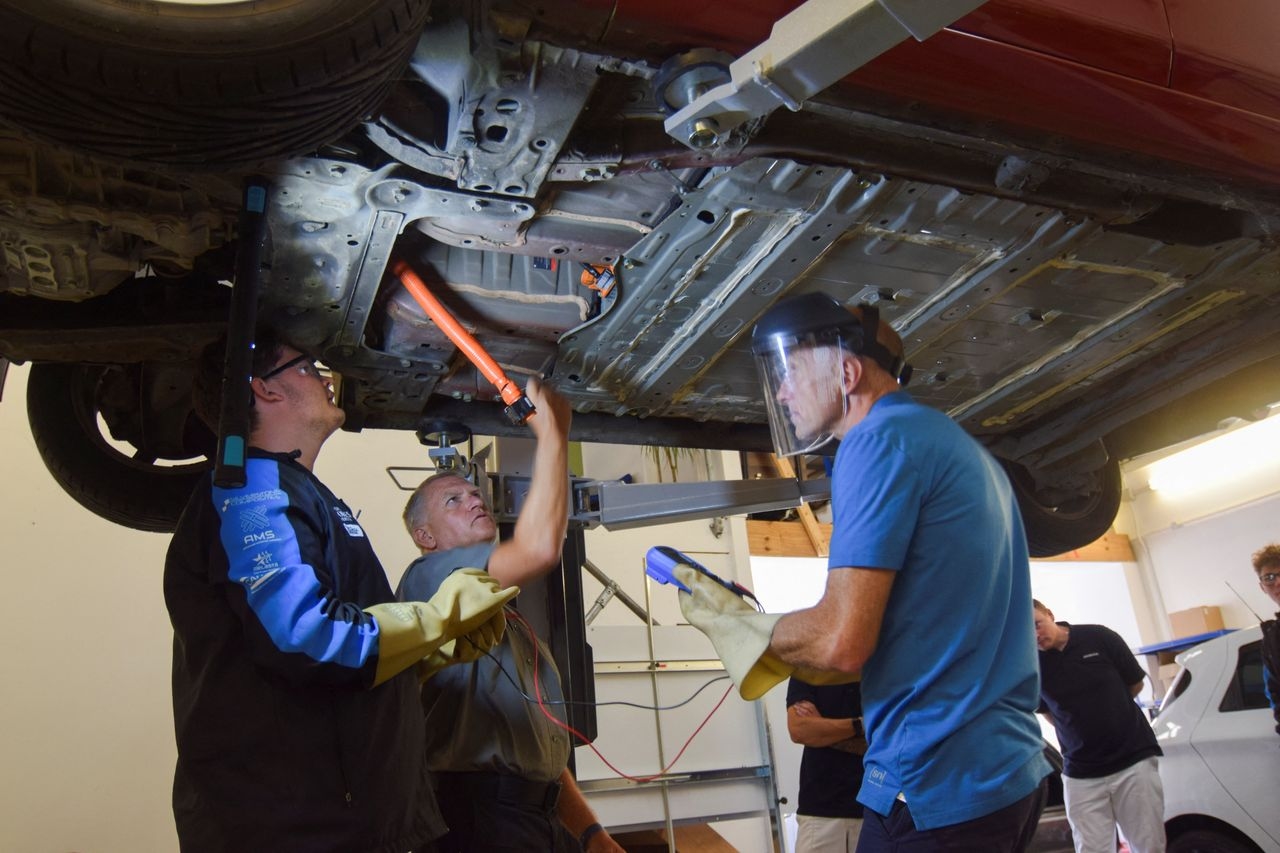
New technology helps to reduce costs, but it also increases repair expenses. Photo: WSJ
According to leading US automotive news outlet Automotive News, the average repair cost for electric cars is $4,474. However, if you own a Tesla, the average repair cost is $5,552, which is 27% higher than the market average.
If other car manufacturers follow Tesla’s lead, Gartner predicts that the average repair cost will increase by 30%, mainly due to battery and body repair expenses.
This may lead to some companies refusing to insure certain models.
Electric cars are still a trend, but many start-ups will fail
Nevertheless, the demand for electric cars is expected to continue to grow in the coming years. According to Gartner’s estimates, the number of EV deliveries will rise to around 18.4 million units in 2024, 20.6 million in 2025, and 15.4 million in 2023.
Although the figures are optimistic, the growth rate is not as high as expected. Therefore, it is inevitable that some start-ups will go bankrupt and shut down.
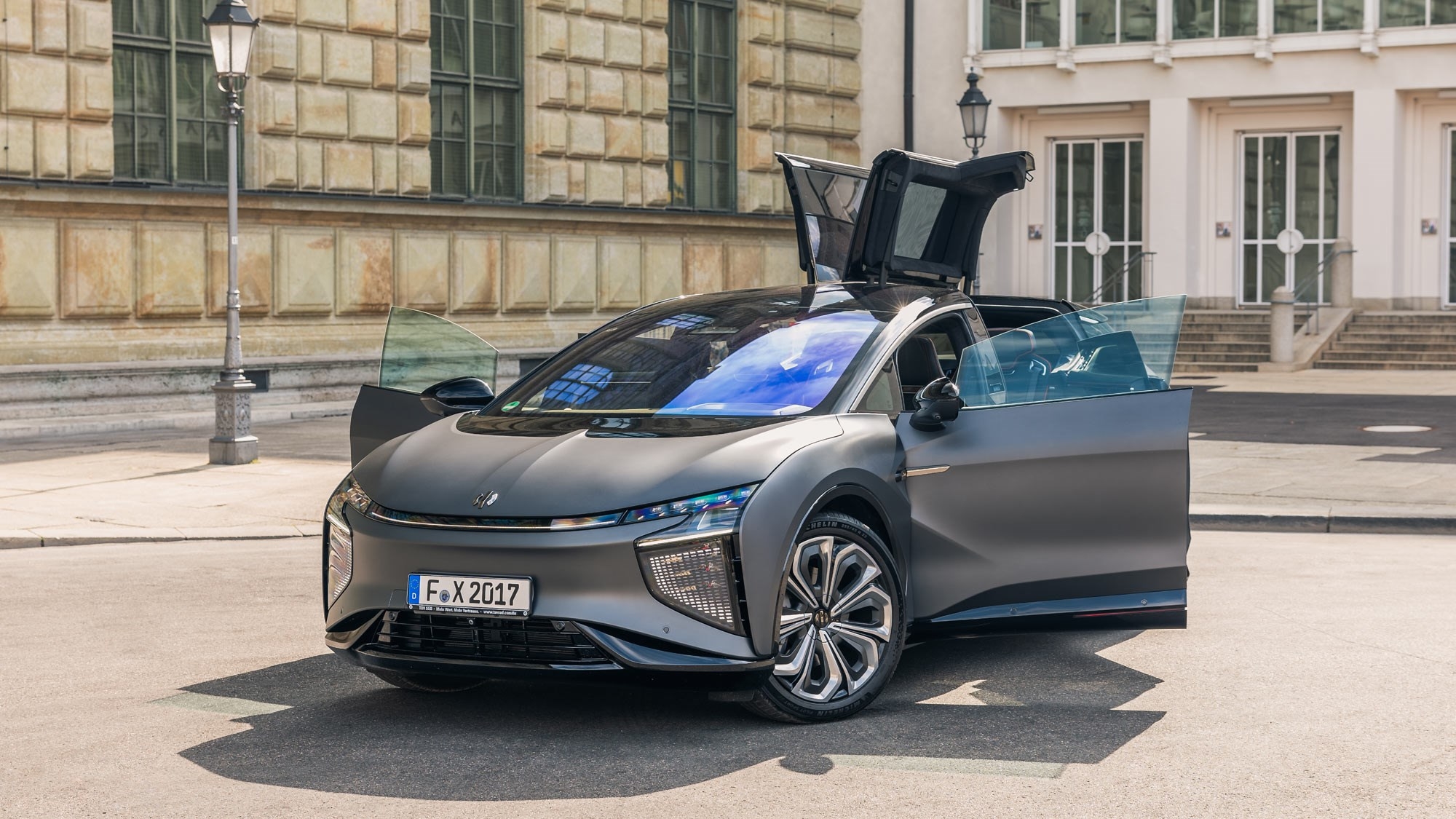
The electric car company HiPhi, once full of promise, temporarily halted production for 6 months due to saturated demand. Photo: CAR Margazine
According to Pacheco, the surge in electric vehicle start-ups is driven by the promise of profitability and strong demand. However, many start-ups are still relying on external funding and have not yet made profits from selling their cars. Meanwhile, major automakers are also venturing into EV production with much lower production costs. Furthermore, incentives related to electric cars are gradually being phased out in some countries.
Therefore, Gartner predicts that there will be a wave of mergers and acquisitions. It is estimated that 15% of start-ups will go bankrupt or be acquired by the year 2027.












